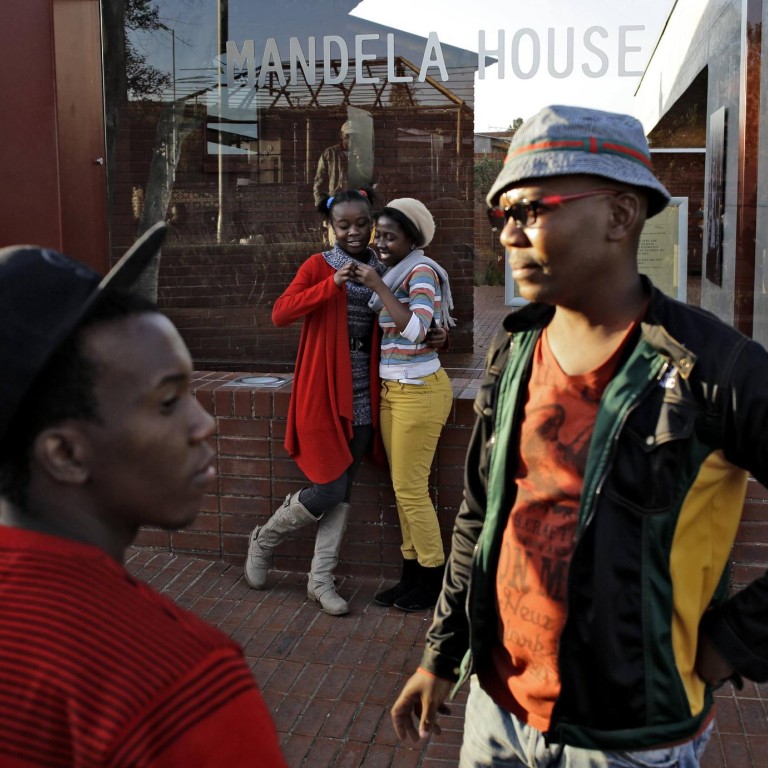
South Africa's 'born free' generation living the life Mandela dreamed of
Despite criticism from elders, post-apartheid generation say the greatest tribute they can pay their nation's late leader is to look to the future
Sitting in her comfortable suburban living room 45 minutes east of Johannesburg, Nokuthula Magubane, 18, was doing something close to unthinkable to older generations of black South Africans - she was affectionately praising Afrikaans.
"It's such a laid-back and beautiful language," she said.
Mandatory instruction in Afrikaans during apartheid was one of the sparks that set off the Soweto student uprisings of 1976.
Hundreds of young people, many younger than Magubane, were killed. Countless others chose to abandon education rather than receive instruction in what they considered the language of the oppressor.
It was a seminal moment in the struggle against apartheid, and the day of the uprising, June 16, became national Youth Day in the new South Africa.
But to Magubane, "at the end of the day, Afrikaans is just a language".
Such feelings are common among members of Magubane's generation, known as the "born frees" because they were born after the end of apartheid, or just before it ended, and are too young to remember it.
And while they certainly know Nelson Mandela, who died on Thursday, it is almost impossible for them to grasp what it was like to see him emerge from prison in 1990 and become president in the nation's first fully democratic elections four years later.
The born-frees make up a huge segment of the population - about 40 per cent, according to census figures.
Older South Africans say they are apathetic and apolitical, unaware of the history of the struggle that made their lives better.
But the born-frees have another name as well - the Mandela generation - and they insist that their determination to look to the future and not the past is the greatest tribute they can pay him.
"Yes, we were oppressed by white people. Yes, it happened. Yes, it hurt," Magubane said. "But let us forgive each other so that we can move on fully and contribute fully to the South Africa we want to see in the future."
Akhumzi Jezile, a 24-year-old producer, television personality and speaker, says the born-frees are portrayed as apathetic because they do not respond with the same emotion, or in the same numbers, as the Soweto generation does during Youth Day marches and similar remembrances.
"It's not a matter of not understanding apartheid. It's just a matter of us having different challenges," he said. "We are fighting our issues."
He pointed to education campaigns led by young people to fight the scourges of substance abuse, crime and HIV infection.
"We cannot talk about apartheid every day for ever," he said.
Now, young people are more likely to socialise with people of another race, according to the Reconciliation Barometer, a yearly gauge of public opinion.
"It seems young people may be developing deeper relationships across historic dividing lines, beyond just interaction," last year's Barometer reported.
Born-frees are also overwhelmingly optimistic, the Barometer found.
"Now there are no boundaries," said Miles Mabaane, 18, a resident of Vosloorus, southeast of Johannesburg. "We young people have the potential to come up with new strategies of how to save the country, how to do things better, how to accommodate everybody."
Most black South Africans 20 years ago would not have recognised the life Magubane leads.
A third of her friends are white. She has known many of them since she started school. She calls her white choir leader "Tanni Christine", or "Auntie Christine" in Afrikaans.
As for Mandela, she said: "We have seen his example and now we're going to follow it. We're going to take it one step further into the future, and we're going to build the South Africa that he would have loved to see."
